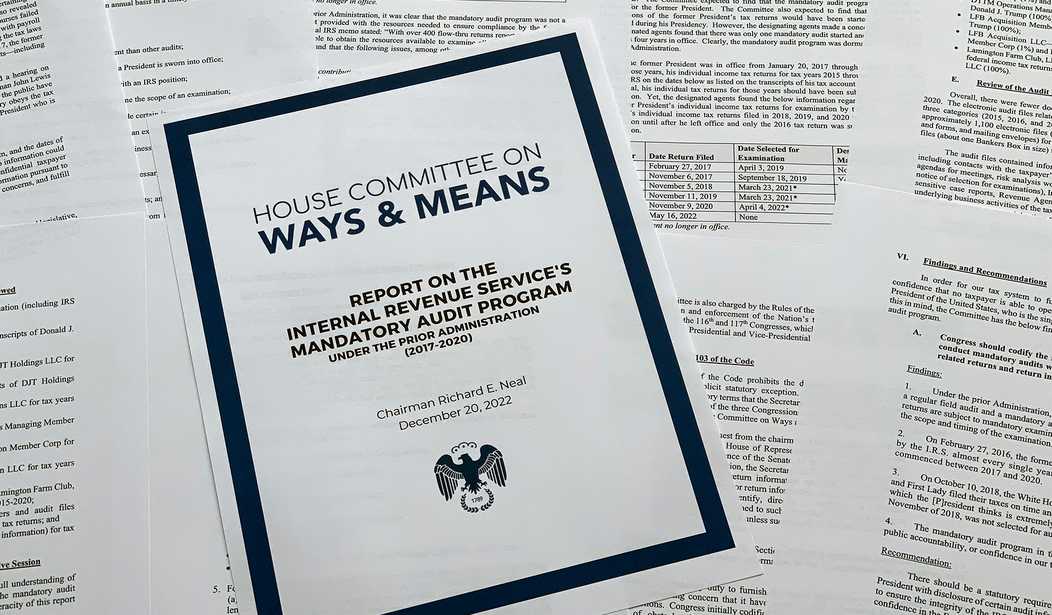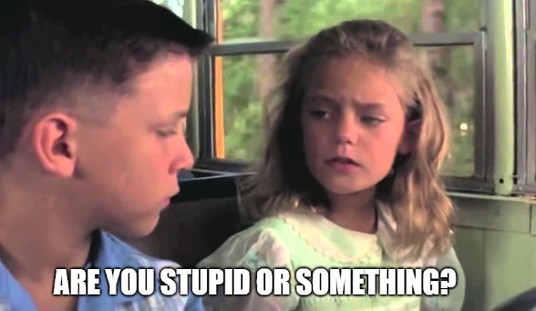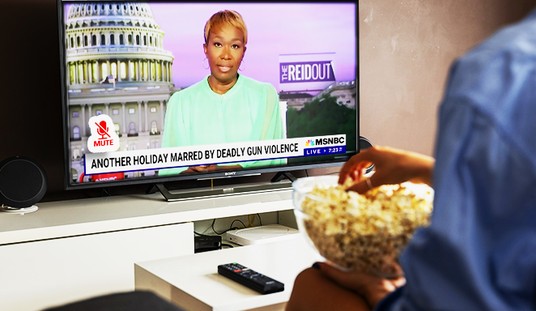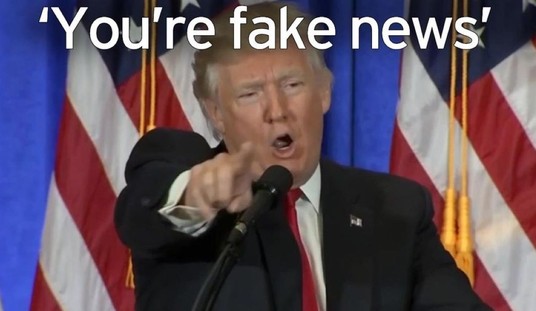Voters trust Republicans more on the key issue of taxes, according to a tweet by Rasmussen Reports.
Less than a year before the 2024 election, voters still trust Republicans more on the key issue of taxes, although the margin has narrowed.
— Rasmussen Reports (@Rasmussen_Poll) December 10, 2023
More At Rasmussen Reports:https://t.co/ZHDQ0CuC0K pic.twitter.com/YQO5cPBnLT
The Rasmussen Reports article enumerates how the margin of difference in trust of the parties has narrowed, from 48 percent (trust Republicans) and 41 percent (trust Democrats) in July to 45 percent (trust Republicans) and 40 percent (trust Democrats) according to the survey featured in the above tweet that was conducted at the end of November.
The latest Rasmussen Reports national telephone and online survey finds that 45% of Likely U.S. voters trust Republicans more to handle taxes, while 40% trust Democrats more and 15% are not sure. In July, the GOP was more trusted than Democrats by a seven-point margin, 48% to 41%.
It is noteworthy that while the margin of those surveyed who say they trust Republicans has decreased, the margin of those surveyed who say they trust Democrats has not increased and has decreased by a percentage point. It is necessary to point out that this is a poll, and though it is purported to be a poll of likely voters, polls in general should be digested with a more than healthy amount of skepticism.
High taxes affect everyone and everything in an economy. An employee will take less of his earned income home from work due to a higher tax rate. If a person is living paycheck to paycheck, that person will be forced to make basic, survival-based decisions. The hiring options for an employer will be fewer and more constrained due to a higher tax rate. A consumer will be forced to eliminate purchases from her budget because the dollars that would have otherwise been used for such purchases will have been paid in taxes, something that will produce a ripple consumption-reduction effect throughout the economy. The quality of the goods produced or services offered by a business will be impacted because less money will be available to be spent on the quality of goods and services. Options for consumption and employment will be more limited because investors who would otherwise put capital behind innovative and entrepreneurial endeavors and start-ups will be paying more of that capital in taxes.
Recommended
In their effort to sell tax increases, Democrats often use phrases akin to, "Taxes will not be raised on anyone making less than (insert amount here)." But what about the reduced payroll amount for the employee making less than (insert amount here) because his or her employer had to pay a higher corporate tax rate? What about the higher price at the grocery store or gas pump that someone making less than (insert amount here) will not be exempt from paying? High taxes affect everyone and everything in an economy.
As the above Rasmussen Reports survey may indicate, there is skepticism of allowing Democrats to handle taxes and skepticism of allowing Republicans to handle taxes. Much as it may be difficult for lawmakers and administrators to let go, a free economy cannot be micromanaged or guided carrot-and-stick-style into prosperity. What works is an economy that can work. Innovators, inventors, entrepreneurs, business owners, and all who keep the U.S. economy going are most free to create and produce when government is least involved in the creation and production.
























Join the conversation as a VIP Member